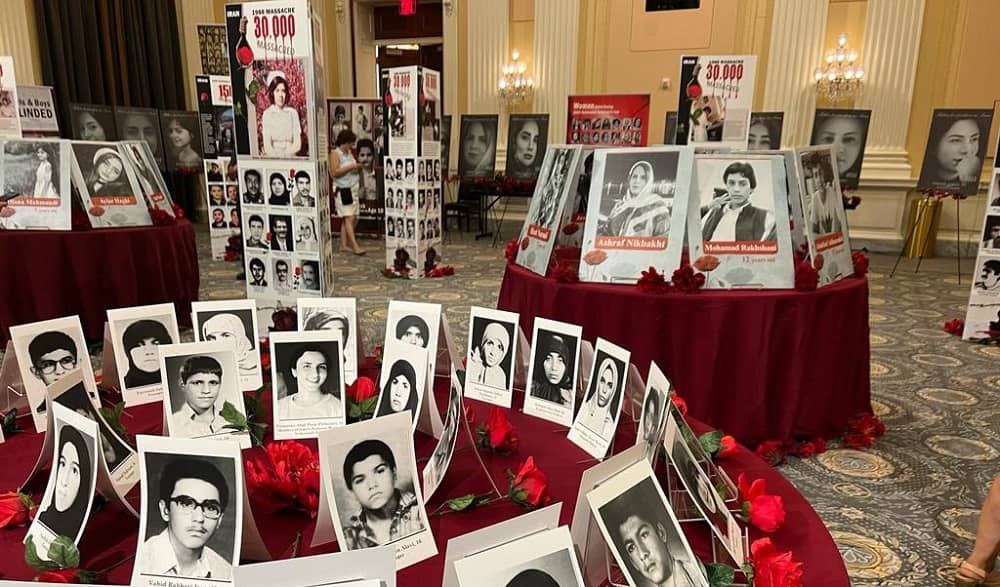
On July 27th, United States Representative Lance Gooden introduced a significant proposal in the form of US House Resolution 627. This resolution aims to condemn the clerical regime in Iran for the atrocious 1988 massacre of political prisoners and recent uprisings.
The primary objective of the resolution is to seek justice for the victims of these heinous acts, urging Tehran to provide crucial information to the affected families. Additionally, it calls upon the United States and its allies to hold the perpetrators accountable for their actions.
The 1988 massacre, which resulted in the execution of potentially 30,000 political prisoners, was executed based on a religious decree that targeted the People’s Mojahedin Organization of Iran (PMOI). The victims of this horrific event encompassed supporters of the MEK/PMOI, members of other political groups, and even individuals from religious minorities, including the Baha’is.
Furthermore, the resolution emphasizes the importance of the United Nations Human Rights Council including the 1988 massacre in their agenda, within the fact-finding commission responsible for investigating ongoing violence against protesters. This move seeks to shed light on the historical atrocities and ensure accountability for the perpetrators.
Notably, the resolution recognizes and supports the fundamental rights of the Iranian people and their aspiration to establish a democratic, secular, and non-nuclear Republic of Iran. It stands as a testament to the solidarity of the US House of Representatives with the people of Iran, as they courageously strive for freedom amidst repression.
Moreover, the resolution expresses strong condemnation for the brutal killings of Iranian protesters by the regime. It underlines the urgent need to protect Iranian political refugees residing in Ashraf 3, located in Albania, guaranteeing their right to life, liberty, security, and freedom of expression and assembly.
In summary, Representative Lance Gooden’s proposal, encapsulated in US House Resolution 627, brings critical attention to the grave events of the past and present in Iran. It seeks justice for the victims of the 1988 massacre, supports the Iranian people’s fight for freedom and democracy, and condemns the violent actions of the regime against its own citizens.